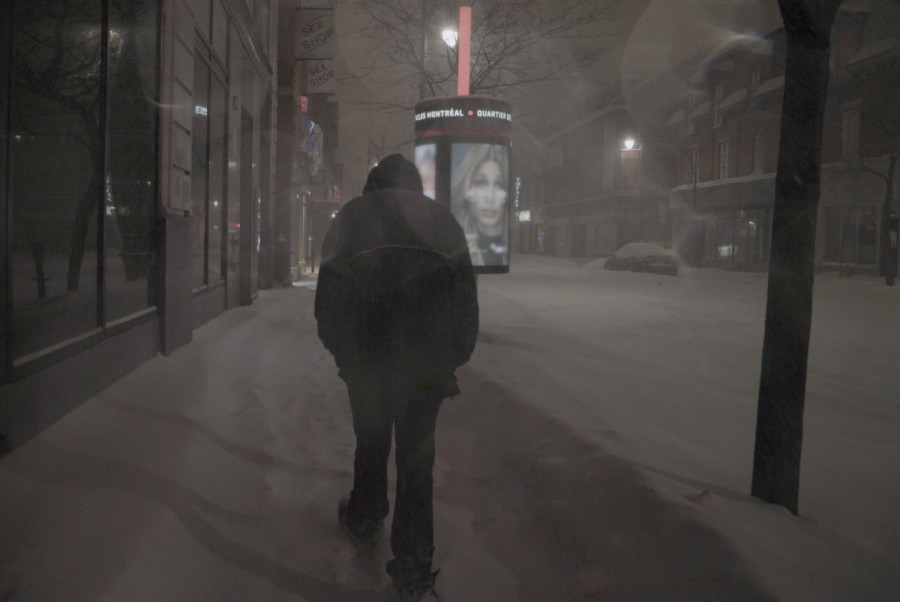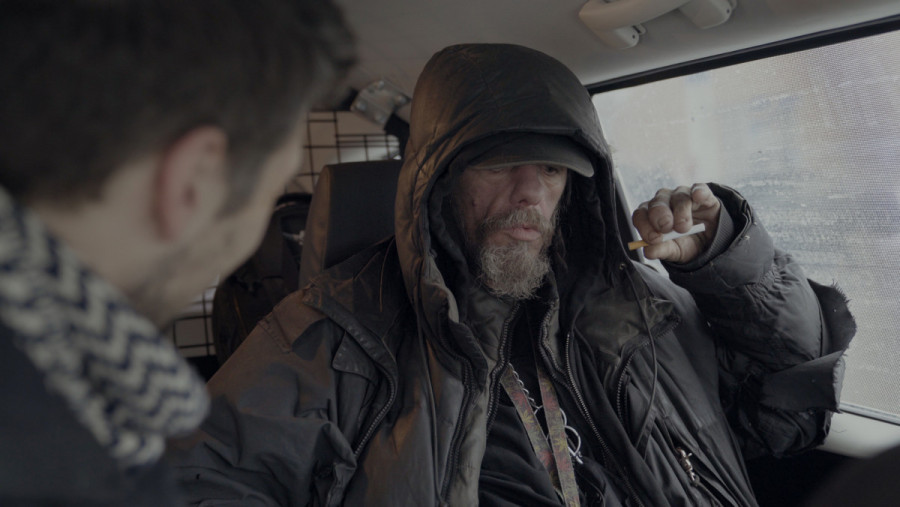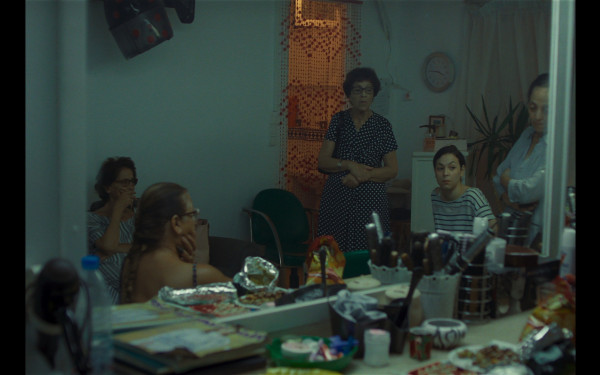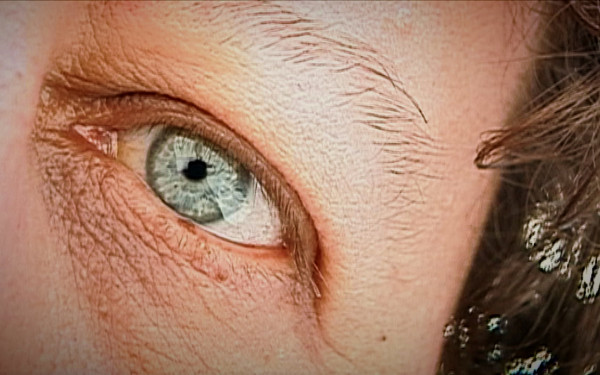Documentary about homelessness in Montreal is a reminder of the importance of helping the community
The people we need to listen to speak out about the realities of homelessness
I Might be Dead by Tomorrow, released in December 2020, is a documentary about Montreal frontline social workers and the homeless population of the city. It was written and directed by Steve Patry, whose filmography includes socially-purposed films Waseskun (2017) and From Prisons to Prisons (2014).
The homeless people filmed in this documentary show an aspect of humanity most people forget about when interacting with homeless people. As the official synopsis for the movie states, “where the world and a suffering humanity parade, each one of them confides in a disarming authenticity.” This description is proved true with the portrayals of blunt reflections and confessions that the people in the film express. Every time they speak, they show a part of themselves.
The documentary’s title is a statement that prevails throughout the film. Many of the people presented have deteriorating health issues on top of being homeless during Montreal’s winter, and they experience discrimination every day.
“Nobody gives a fuck, but you know what? I do,” one of the people interviewed in the film put it. The need for representation and visibility of the homeless population of Montreal is felt in every scene, which gives the documentary an added level of seriousness and importance.
The film introduces many homeless people, most of which are only shown once, but Franck and Gilles are people shown recurrently. They create a sense of attachment and familiarity in the documentary that adds an emotional impact to the viewing.
“The story of these people does not end after this film [...] and above all the issue of homelessness is far from being resolved in our society.” — Steve Patry
“In the beginning, I wanted to never film the same person more than once. However, during the filming, I felt the need to go deeper into the lives of some people with whom I had developed a stronger bond,” Patry said of his decision to include the two people more extensively.
The documentary spreads awareness about the different conditions homeless people can find themselves in—which worsen during the winter. Many of the people being filmed face various challenges such as mental health, physical health, and addiction. It is not just their struggles that are shown in the documentary, but also the measures people around them take in an effort to help them according to their needs.
“Putting the subject of homelessness in a healthcare perspective, through the work of social workers, was, for me, a way of updating this subject,” Patry said.
Showing the ways in which the social workers adapt is an important part of awareness; it reminds you that your first priority should not be what you think a person might need, but what they are telling you they need.

“The story of these people does not end after this film [...] and above all the issue of homelessness is far from being resolved in our society," Patry said. "The film begins with homeless people outside at night and also ends with homeless people outside at night. It was a way for me to show that the film ends but that the wandering and roaming continue.”
Patry’s work is one of the multiple incentives to help the homeless community of Montreal. The student-led organization Meals for Milton Park has multiple ways in which you can also help the community. As their mission statement says, they provide “meal-sharing services and care packages to the people of Milton-Parc, as well as collaborate with other Montreal organizations to provide meals for shelters and day centres.”
I Might be Dead by Tomorrow is available for a digital rental on Cinema Moderne’s online platform, with a viewing availability that has been extended due to recent events in Montreal, such as the death of Raphaël André. You will be able to watch it until Feb. 28.







